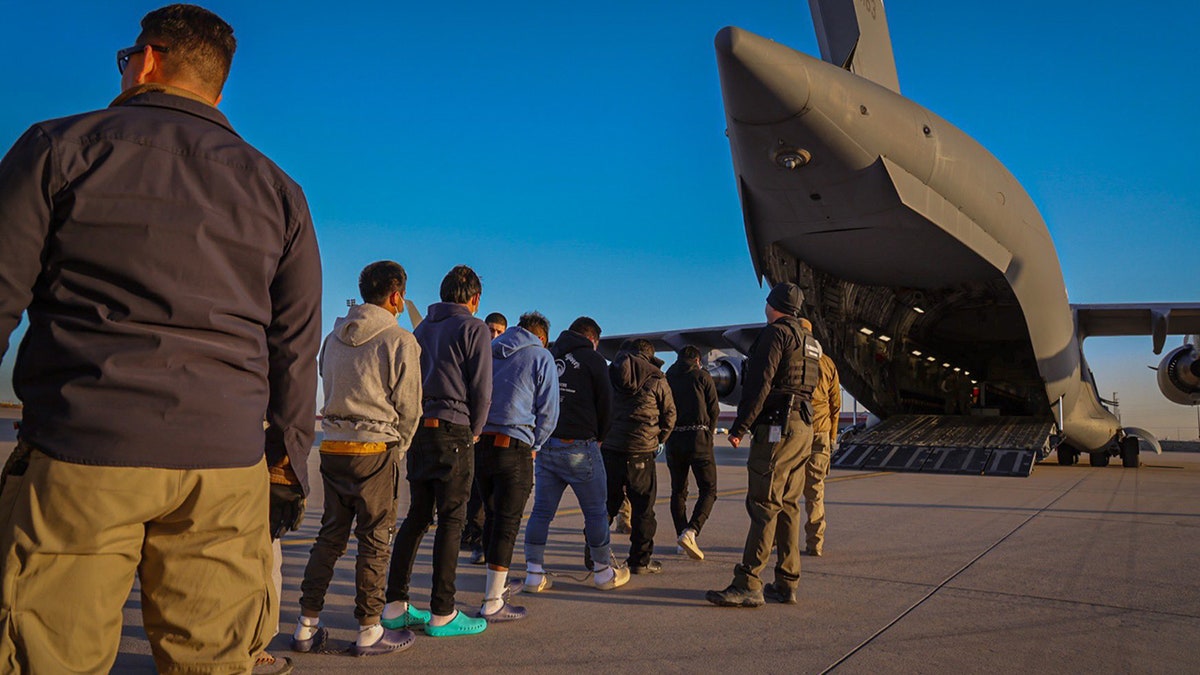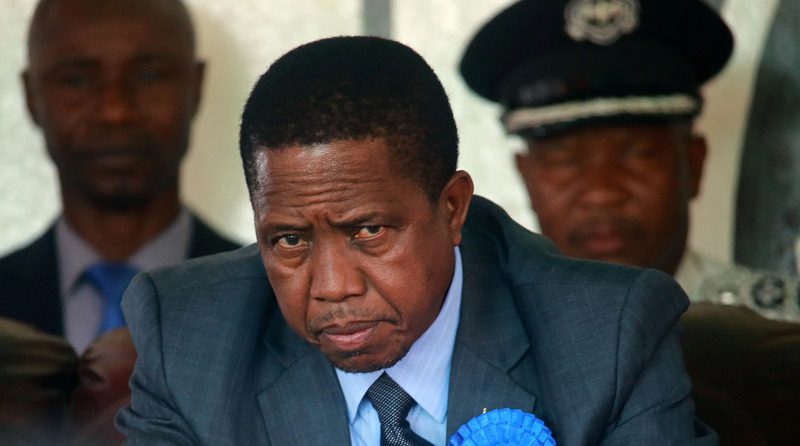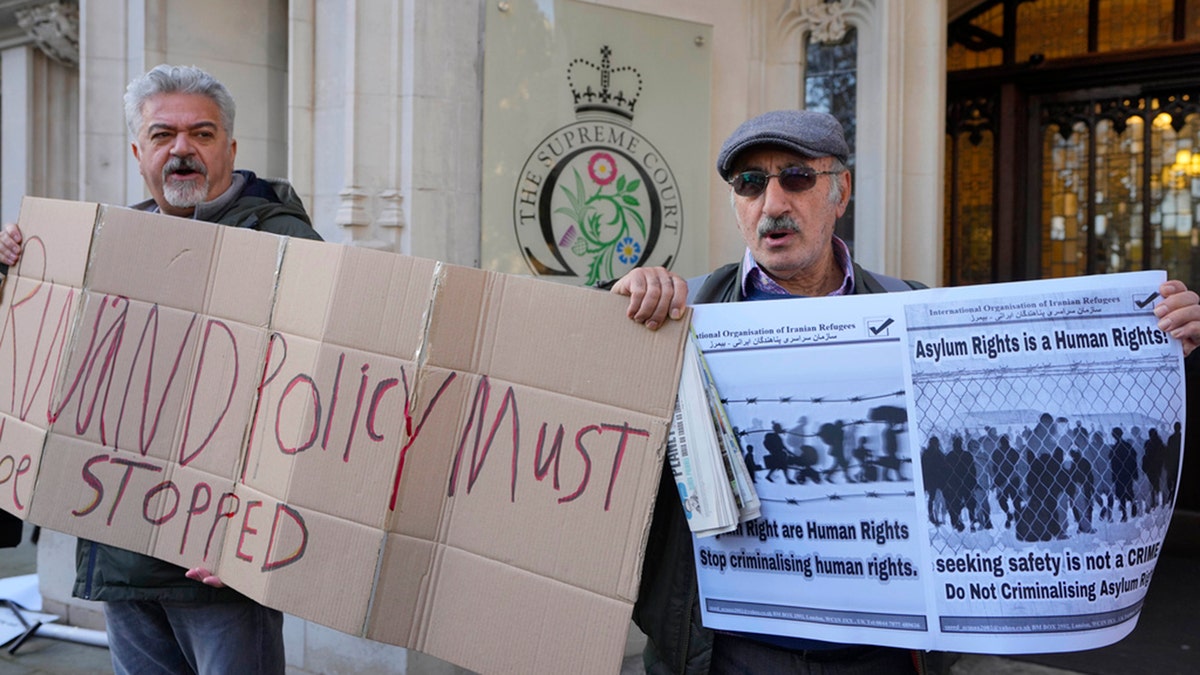Rwanda-backed rebels flaunt 7,000 recruits in Goma as Washington-Doha track wobbles
The weekend spectacle in Goma was not a victory lap. It was a warning. As the M23 rebel movement rolled out more than 7,000 new recruits in the heart of eastern Congo, the image collided head-on with a pending deal that hinges on Rwanda withdrawing support and the return of captured territory to Kinshasa. UN experts say M23’s surge has been underwritten by thousands of Rwandan troops. For residents who hoped mediation in Doha and an expected signing in Washington would halt the violence, the parade looked less like a ceasefire dividend and more like a rehearsal for a state within a state.
A show of force that shrinks trust
Skirmishes have persisted despite commitments brokered by Qatar. The rebel ranks now reportedly include defected Congolese soldiers and local militia members, with rights groups warning of coercion in recruitment. The optics are unmistakable. When a well-armed non-state actor parades openly in a regional capital while the national army retreats, the political center erodes. That matters in a country where more than 3,000 people are dead and millions displaced, and where a new UN report alleges horrific abuses by both M23 and Congo’s armed forces, placing responsibility on Kigali and Kinshasa alike.
Peace without enforcement is performance
The promise of a paper deal is cheap when the enforcement is weak. A credible agreement must be conditions-based: verifiable withdrawal of foreign support networks, monitored cantonment of fighters, and a phased return of towns like Goma and Bukavu to Congolese civil authority. Anything less rewards momentum on the ground. M23’s core is largely ethnic Tutsi and originated from failed integration into the army after a prior insurgency in 2012. Dormant for a decade, the movement’s 2022 resurgence was not spontaneous. It was enabled by an enduring security vacuum and cross-border patronage that make a mockery of ceasefire lines.
What Washington should do
Stop mistaking process for progress. Tie any diplomatic recognition of the deal to measurable steps: third-party verification of Rwandan pullback, targeted sanctions on commanders who obstruct compliance, strict end-use monitoring on all security assistance, and support for a lean regional observer mission with real intelligence capacity. Condition aid to Kinshasa on curbing abuses by its own forces and empowering accountable local governance rather than swelling an already brittle central bureaucracy. Protect critical mineral supply chains by focusing on secure corridors and traceability, not open-ended nation-building that burns cash and time while rebels expand.
The stakes: security, markets, and morality
Eastern Congo sits atop minerals that power the modern economy. If Washington and regional partners fail to impose consequences for violations, armed groups and their backers will pocket territory and leverage. The message should be unambiguous: borders are not redrawn by militias, atrocities trigger penalties, and assistance follows compliance. Peace is possible, but only when deterrence is real, sovereignty is defended, and governance is limited, local, and legitimate.




